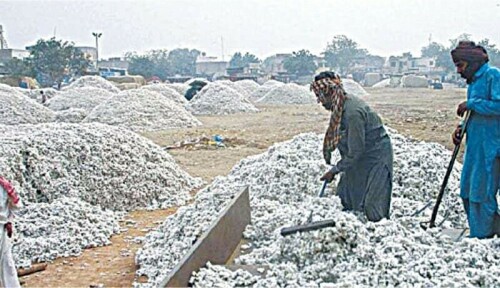ISLAMABAD: To further strengthen its air quality initiatives, the Pakistan Space and Upper Atmosphere Research Commission (Suparco) on Wednesday announced launch of a project to investigate the sources of fine particulate matter, a primary factor in urban smog.
In a statement, the space agency said that leveraging its satellite monitoring and modeling capabilities, along with an Air Quality Monitoring Mobile Lab equipped with specialized analysers, Suparco aimed to identify and track pollution sources effectively.
These mobile labs were stationed in key cities - Karachi, Lahore, and Gilgit - allowing a comprehensive monitoring across various regions.
As Pakistan’s national space agency, Suparco claimed that it was at the forefront of air quality and environmental monitoring, utilising advanced satellite technology to tackle the pressing issue of urban smog.
As the only national body conducting both satellite and ground-based research on smog pollutants, Suparco focused on analysing aerosol optical depth (AOD) and characterising particulate matter (PM) to better understand and mitigate air pollution.
The space agency said that smog, a form of ground-level air pollution, formed when nitrogen oxides (NOx) and volatile organic compounds (VOCs) reacted with sunlight, combining with particulate matter (PM2.5 and PM10) from industrial, vehicular, and agricultural emissions.
This phenomenon was often exacerbated by temperature inversions, which trapped pollutants close to the ground, leading to a buildup of harmful particles in the air.
Smog posed severe health risks and environmental challenges, including respiratory illnesses such as asthma and bronchitis, increased risk of cardiovascular diseases, elevated cancer risk due to prolonged exposure, damage to crops, reducing agricultural productivity, and decreased visibility, creating hazards for aviation and road transport
Suparco said its ongoing research and monitoring efforts were critical in providing data to combat smog and support cleaner air initiatives in Pakistan.
Published in Dawn, November 7th, 2024










































Dear visitor, the comments section is undergoing an overhaul and will return soon.